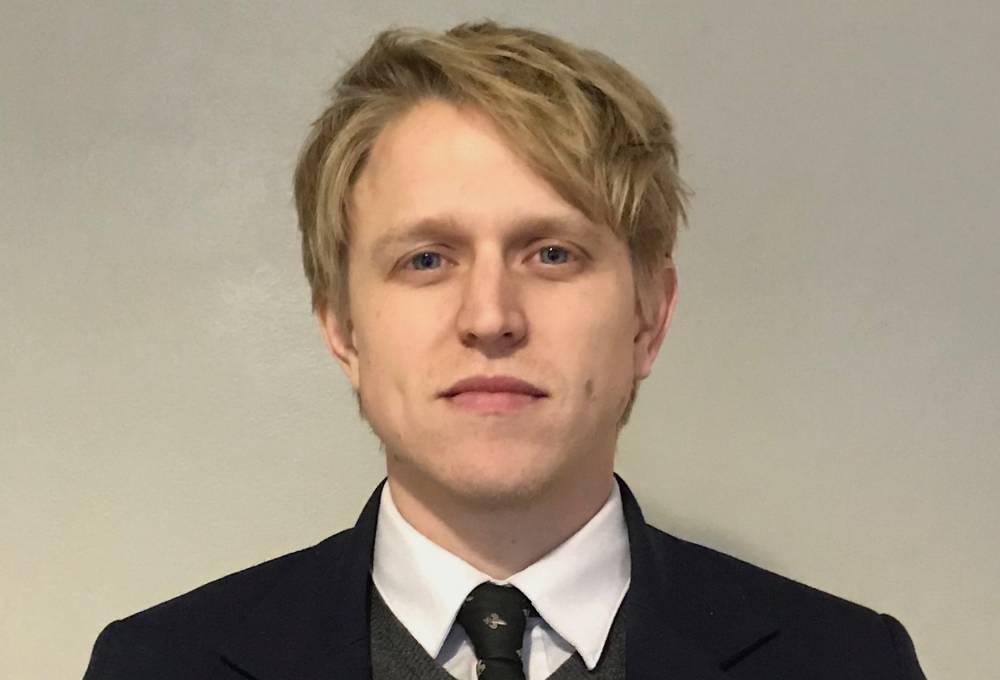Mr Simon Boulter

Contact
- Email: k1725631@kingston.ac.uk
- Location: Kingston School of Art, Knights Park
- Faculty: Kingston School of Art
Research project: Hegel and The Digital: The End of The End of Art?
Abstract
This dissertation focuses on delineating how historical-philosophical and aesthetic notions of art as a form of truth process may be receptive in fostering new approaches to the ongoing viability of the work of art as a sensuous truth procedure in our current digital epoch. Principally, it will engage with the Hegelian tradition of understanding the work of art as a collective and continuous historical procedure of initiative human self- understanding, before explicating the affinities this approach may have with latter aesthetic developments. This process will elucidate, initially, Hegel's controversial, and oft-misunderstood, approach to symbolic, classical, and romantic periods, before engaging with his notorious ‘end of art' thesis. In going "beyond" Hegel's own declaration of arts supposed telos in the romantic era, this thesis hopes to present an understanding of technics as a possible horizon for aesthetic truth in modern aesthetic thought. Drawing on the affinities between scholars such as Gilbert Simondon, Martin Heidegger, and Bernard Stiegler, with Hegel's own Lectures on Aesthetics, this research will examine how aesthetics, and philosophical thought more broadly, have historically repressed technicity a vital an object of aesthetic understanding. In doing so, this research hopes to dispel long-held and commonplace assumptions that Hegel's aesthetic tendency has little to offer contemporary discourse, whilst also illuminating possible approaches to understanding the work in art in the digital era as a truth process. Building upon the scholarship of thinkers such as Manfred Frank and Dieter Henrich this process will also try to divert from the received opinion of Hegel's idealist aesthetic tendency as somewhat irreconcilable with the more ‘contemporary' nature of German Romanticism's own truth claims. Centrally, it will suggest that the Hegelian understanding of the work of art as a ongoing truth process remains relevant with respect to our own contemporary concerns about the function and relevance of art practise in the digital era.
- Research degree: PhD
- Title of project: Hegel and The Digital: The End of The End of Art?
- Research supervisor: Professor Howard Caygill
- Other research supervisor: Dr Corin Depper
Biography
My MA thesis at University College London focused on the role of technology in Theodor Adorno's Aesthetic Theory. I am based in London and work also work in the cultural sector.
Areas of research interest
- Aesthetics
- Technology
- German idealism
- Hegelianism
- Romanticism